The allure of online ceremonies
Not standing outside the digital transformation flow of Ho Chi Minh City and the country, Buddhism and many other religions have proactively integrated into new technology. Pagodas that are familiar with incense smoke and bells now appear on YouTube, Facebook, and TikTok as familiar "digital spaces" where rituals, teachings, and community messages are quickly transmitted. From online Vu Lan ceremonies, prayer requests registered via Zalo to multilingual digital libraries, the mark of technology has appeared in religious life, helping religion get closer to people, especially young people.
During the Vu Lan season of 2025, for the first time, many grand ceremonies of large pagodas such as Vinh Nghiem, An Lac (HCMC), Ba Vang (Quang Ninh province)... were broadcast live, attracting hundreds of thousands of viewers. Buddhists far from home only need a smartphone to participate in chanting sutras, wearing roses to show filial piety, or register for online prayers. Rituals that are traditionally associated with the space of pagodas are now present in the digital world , expanding the borders of community connection.
Along with rituals, socio -economic activities related to religion are also digitized. Many monks and monasteries organize livestreams to sell scented candles, clean incense, and herbs to raise funds to maintain temples and do charity work.
For example, monk Thich Dam Ngoan (Hoi Long pagoda, Thanh Hoa province) sells herbal shampoos recognized as 3-star OCOP, all profits are used to raise orphans. On TikTok, the account “thichkhaiquang” of a monk (with nearly 700,000 followers) sells statues of the God of Wealth, dried goods mixed with stories of religious practice and daily life. That simplicity touches viewers, turning each purchase into a way to join hands to support the pagoda.
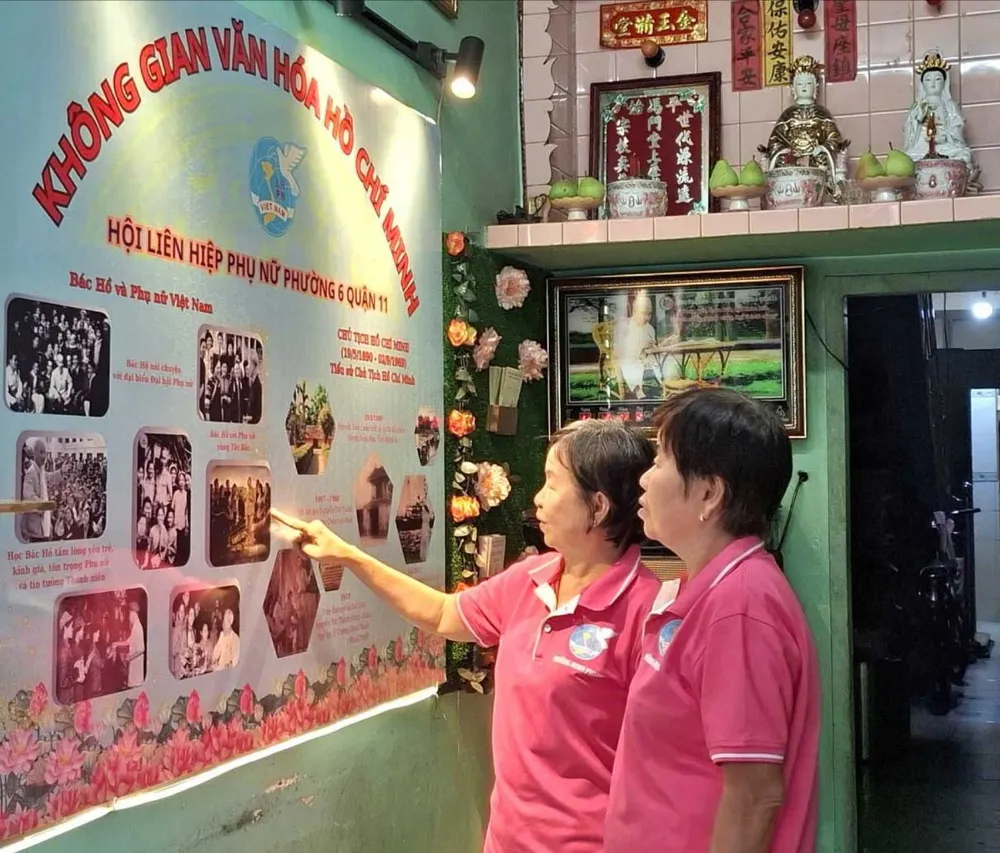
Religious establishments have also built digital libraries to serve the community. In Minh Phung Ward (HCMC), the small house of Ms. Phung Kim Phung, a Chinese Buddhist and party member of Ward 14, has become a familiar image, jokingly called "digital library" by the people. Ms. Phung regularly translates resolutions and policies of the Party and State into Chinese, sharing them via Zalo for easy access. Those who are not familiar with technology can just come and she will personally show them how to access the app, scan QR codes, and read documents; Ms. Phung is even willing to sit for the whole session translating and explaining each page in detail.
In Cho Lon ward (HCMC), Buu Son pagoda (Xom Voi street) has just formed a larger digital library. More than 200 books on Buddhist scriptures, education, and law have been translated into Vietnamese - Chinese - English and put on the online platform, people only need to scan the QR code to read. Venerable Thich Giac Hiep, abbot of the pagoda, also patiently explains to people whenever they encounter difficult points. In particular, this library regularly updates links to identify bad information, distorting religious and ethnic policies, helping Buddhists raise their vigilance and strengthen their faith.
It can be said that when urban life entered the modern era, religion - which is associated with faith and peace - quickly chose to change. These steps not only maintained tradition but also opened a new channel of connection between faith and community, between religion and life, between the past and the future.
Keeping up with digital reform
Near noon, the lobby of the An Dong Ward Public Administration Service Center (HCMC) was still bustling with people coming and going. Amidst the busy atmosphere, a volunteer took Mr. Tran Cam Tuong (born in 1961), a Chinese resident, to the reception desk of Mr. Chau Tran Chi Hao, the civil servant in charge of issuing construction permits.
“Sit here, I’ll help you look,” he took the stack of papers and gently switched to Cantonese: “First, let me confirm some information.” Mr. Tuong nodded slightly, the tense wrinkles on his forehead suddenly relaxed.
Mr. Chi Hao is the son of a Chinese family who has lived in Ho Chi Minh City for a long time and speaks Cantonese every day. After nearly 20 years of working, his language advantage has become the “key” to solving many difficult cases in an area with a high percentage of Chinese people.
“Many uncles and aunts are not fluent in Vietnamese, so they are even more confused when submitting documents online, and easily lose drawings or purchase documents. The first thing is to help them feel secure; then patiently explain slowly and clearly each step: what documents are missing, how to extract them, and when to ask for them again,” Mr. Chi Hao shared. In addition to his professional skills, he also proactively updates specialized terminology in Chinese to guide people most accurately.
Mr. Vo Thanh Toi, Deputy Director of the An Dong Ward Public Administration Service Center, said that after July 1, 2025, the number of files has skyrocketed, averaging 170-200 per day, mostly certified copies, household registration, policies for meritorious people and social security. Certified copies alone are about 8,000 times, with more than 20,000 copies issued.
An Dong ward has a unique feature that 27% of residents are Chinese. Therefore, along with arranging staff and volunteers to be on duty to provide dedicated support, the center also compiled bilingual Vietnamese-Chinese leaflets, laminated them and distributed them right at the counter. Handbooks with QR codes were also prepared to be sent to each neighborhood, including selected administrative procedures that people regularly perform. The goal is that each family has at least one person who knows how to do it.
Not stopping at printed propaganda, the ward also promoted propaganda on fanpages and Zalo groups, spreading to each household. People coming to the Public Administration Service Center do not have to "swim" through procedures on their own, as the center always has someone to guide them.
Results of implementing ethnic and religious policies in Ho Chi Minh City
According to the Department of Ethnic Minorities and Religions, Ho Chi Minh City is a special urban area, with no ethnic minority areas or particularly difficult communes. Ho Chi Minh City always pays attention to applying central policies to issue special mechanisms to support ethnic minorities to stabilize their lives and develop their socio-economy.
Sustainable poverty reduction has been effectively implemented through job referrals, livelihood support, health insurance cards, hardship allowances, electricity bill support, etc., helping many households escape poverty. Policies on education, vocational training, and student loans continue to be maintained; many families increasingly value investing in their children's education.
The city also focuses on preserving and promoting cultural values and ethnic languages. Decision No. 3016/QD-UBND dated 2023 of the Ho Chi Minh City People's Committee approving the set of teaching and learning materials for Chinese, Khmer, and Cham languages has been implemented; many traditional festivals such as the Chinese Lantern Festival and the Khmer Ngo boat race are held annually, contributing to preserving identity.
At the same time, a force of more than 1,200 prestigious people among ethnic minorities continued to act as an important "bridge" between the government and the people. In social security work, the movement "Join hands to eliminate temporary and dilapidated houses" completed 733 houses, reaching 100% of the target; the project to celebrate the 50th anniversary of the Liberation of the South and National Reunification alone built 24 houses, double the plan.
Regarding religion, important ceremonies are held solemnly and in accordance with the law, meeting the legitimate religious needs of believers. In particular, the 2025 United Nations Day of Vesak in Ho Chi Minh City with the participation of more than 1,300 international delegates clearly affirmed the policy of religious freedom, the spirit of harmony and integration. These results have contributed to improving the material and spiritual life of the people, tightening the great solidarity, and consolidating faith in the leadership of the Party and State.
Source: https://www.sggp.org.vn/ton-giao-dan-toc-dong-hanh-voi-tphcm-bai-4-niem-tin-va-ban-sac-trong-ky-nguyen-so-post821944.html


![[Photo] Closing of the 14th Conference of the 13th Party Central Committee](https://vphoto.vietnam.vn/thumb/1200x675/vietnam/resource/IMAGE/2025/11/06/1762404919012_a1-bnd-5975-5183-jpg.webp)
![[Photo] Prime Minister Pham Minh Chinh receives the delegation of the Semiconductor Manufacturing International (SEMI)](https://vphoto.vietnam.vn/thumb/1200x675/vietnam/resource/IMAGE/2025/11/06/1762434628831_dsc-0219-jpg.webp)




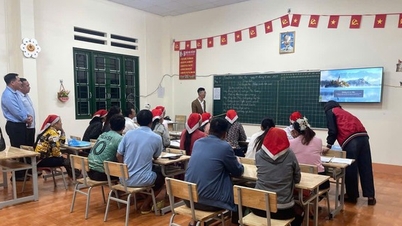

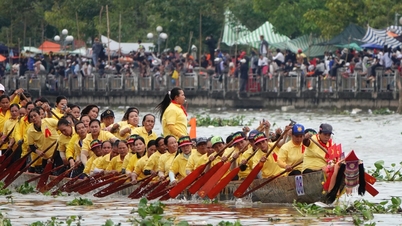

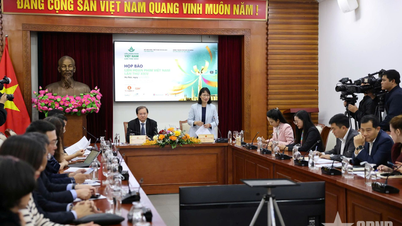





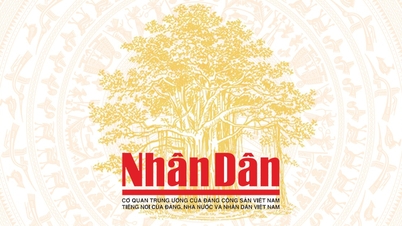




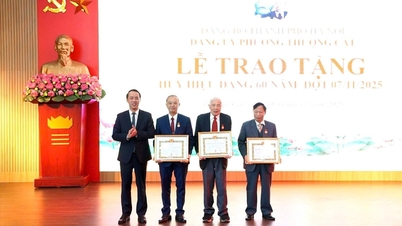

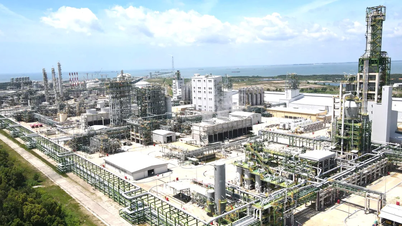
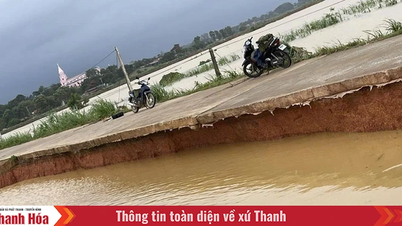





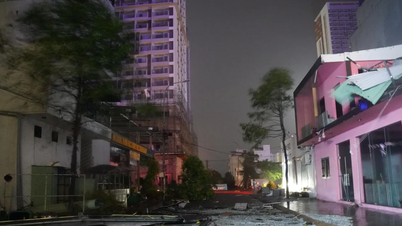
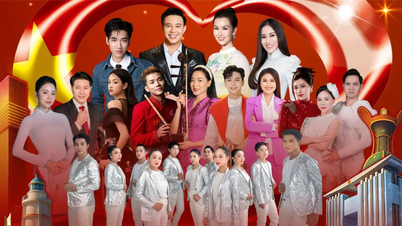







































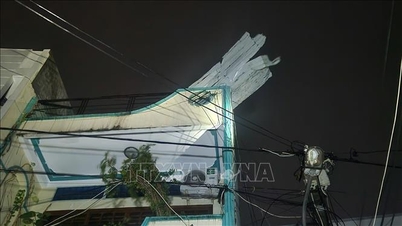

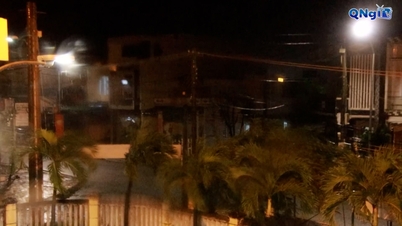
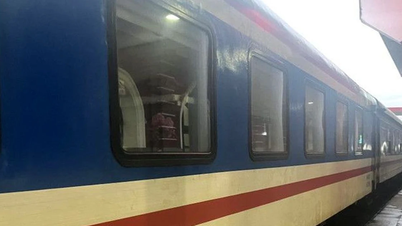

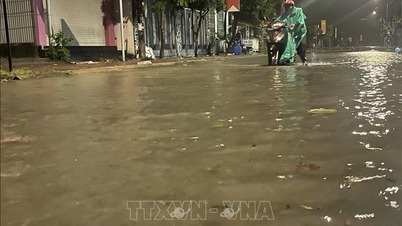










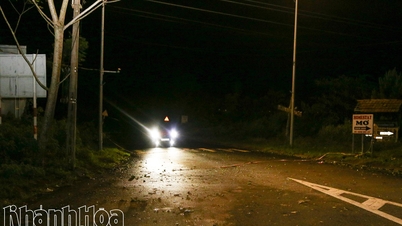

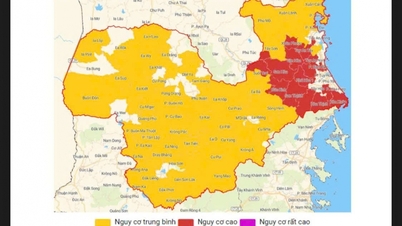

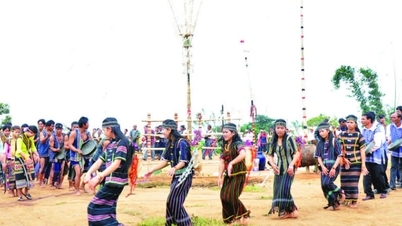
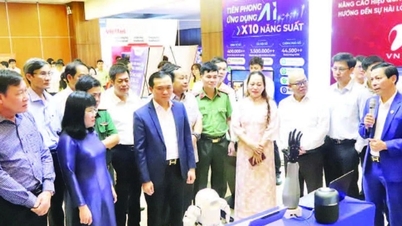
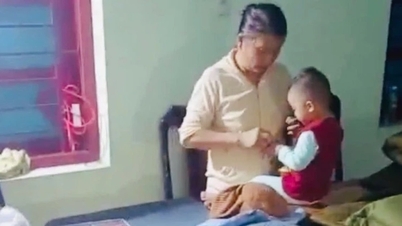
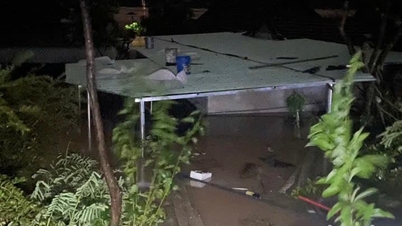












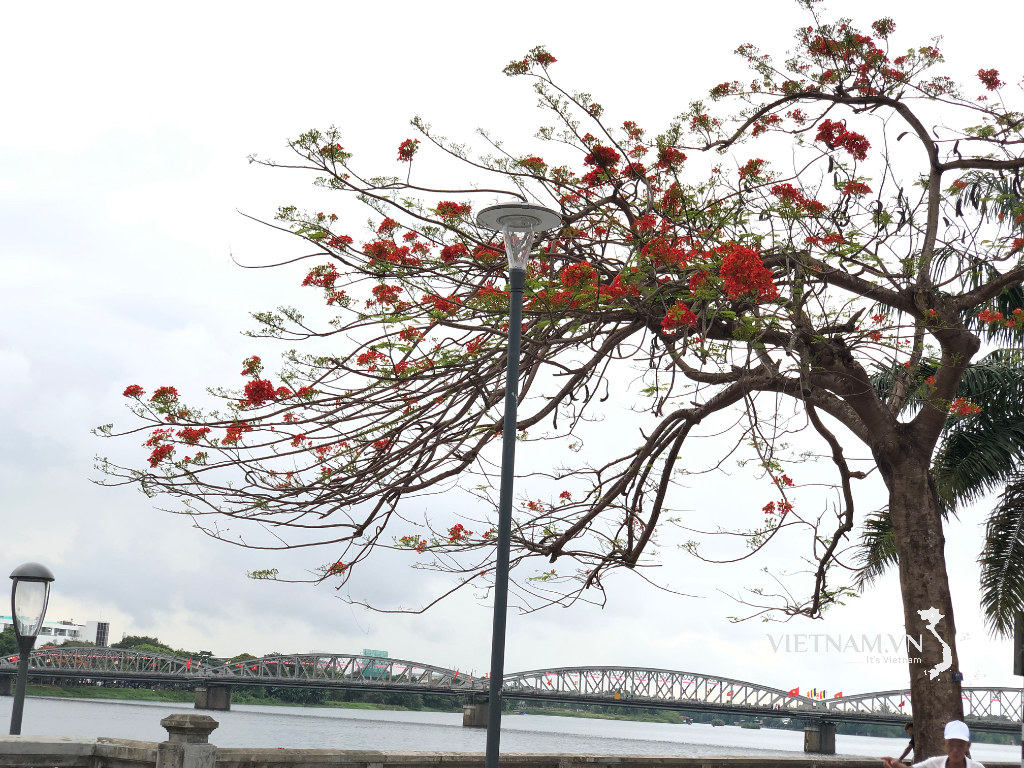

Comment (0)